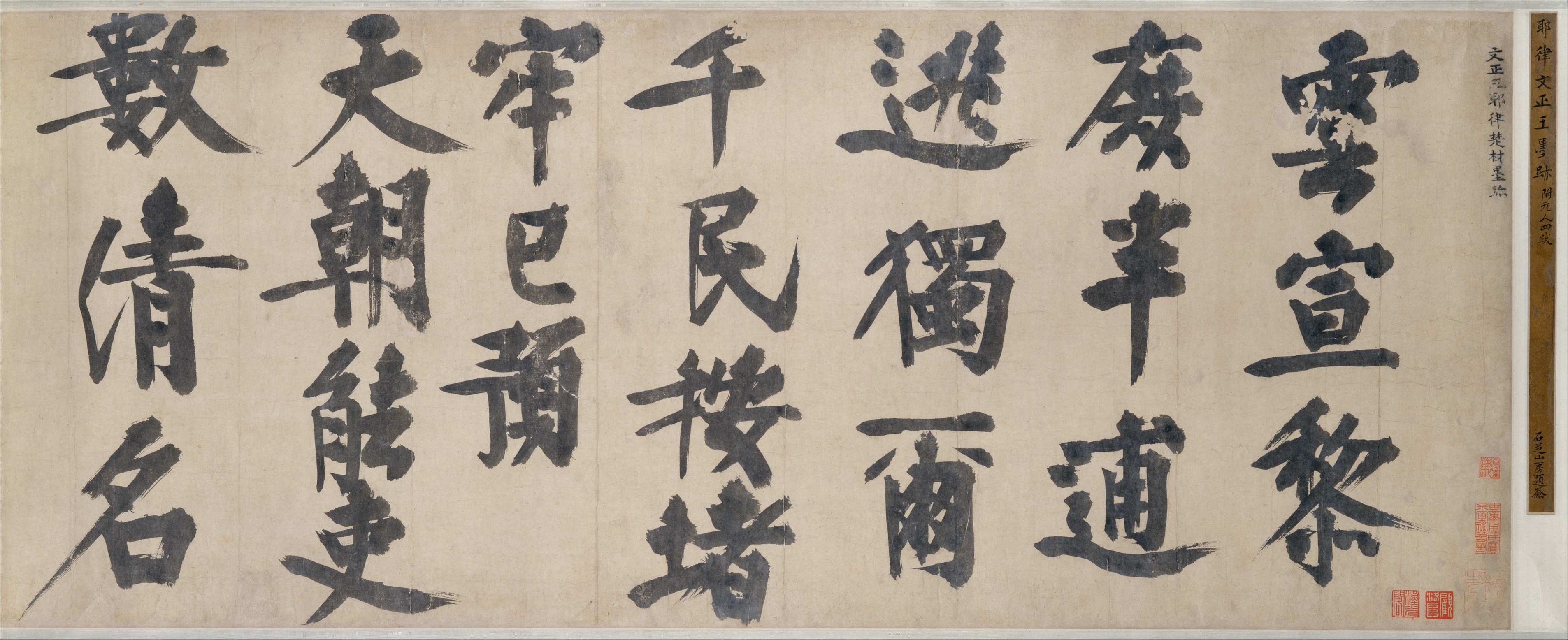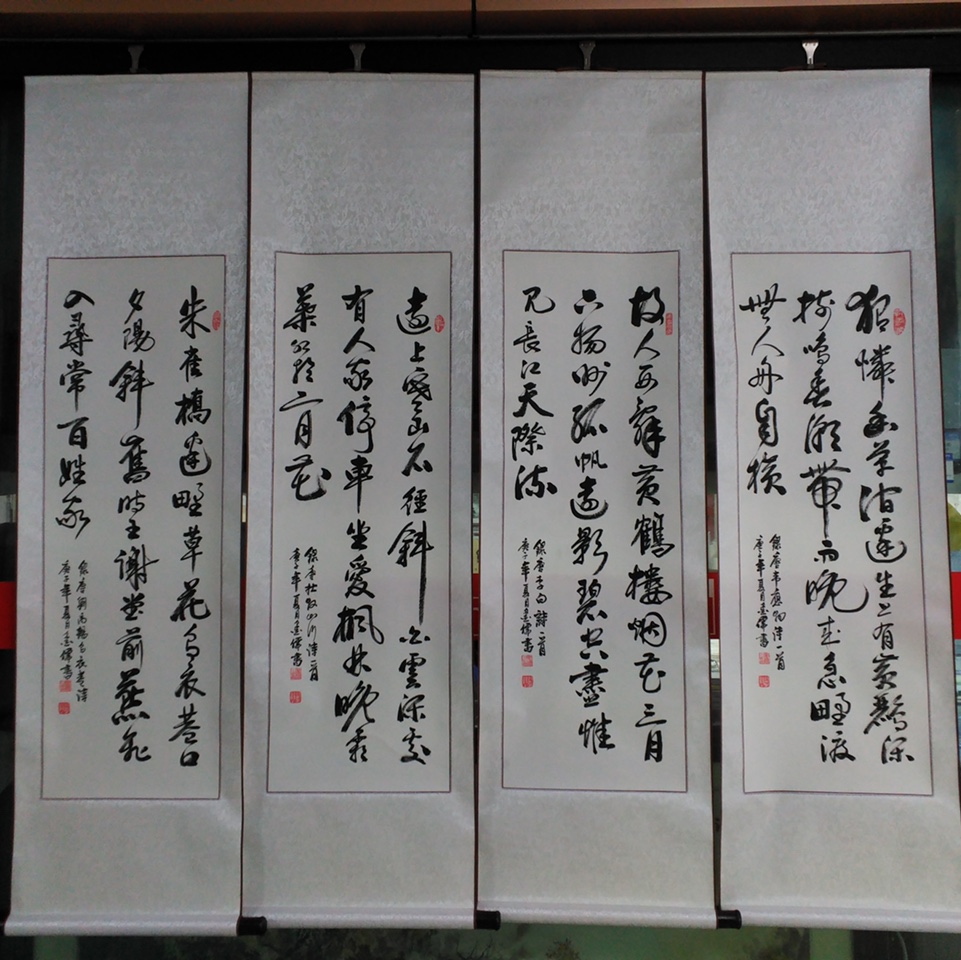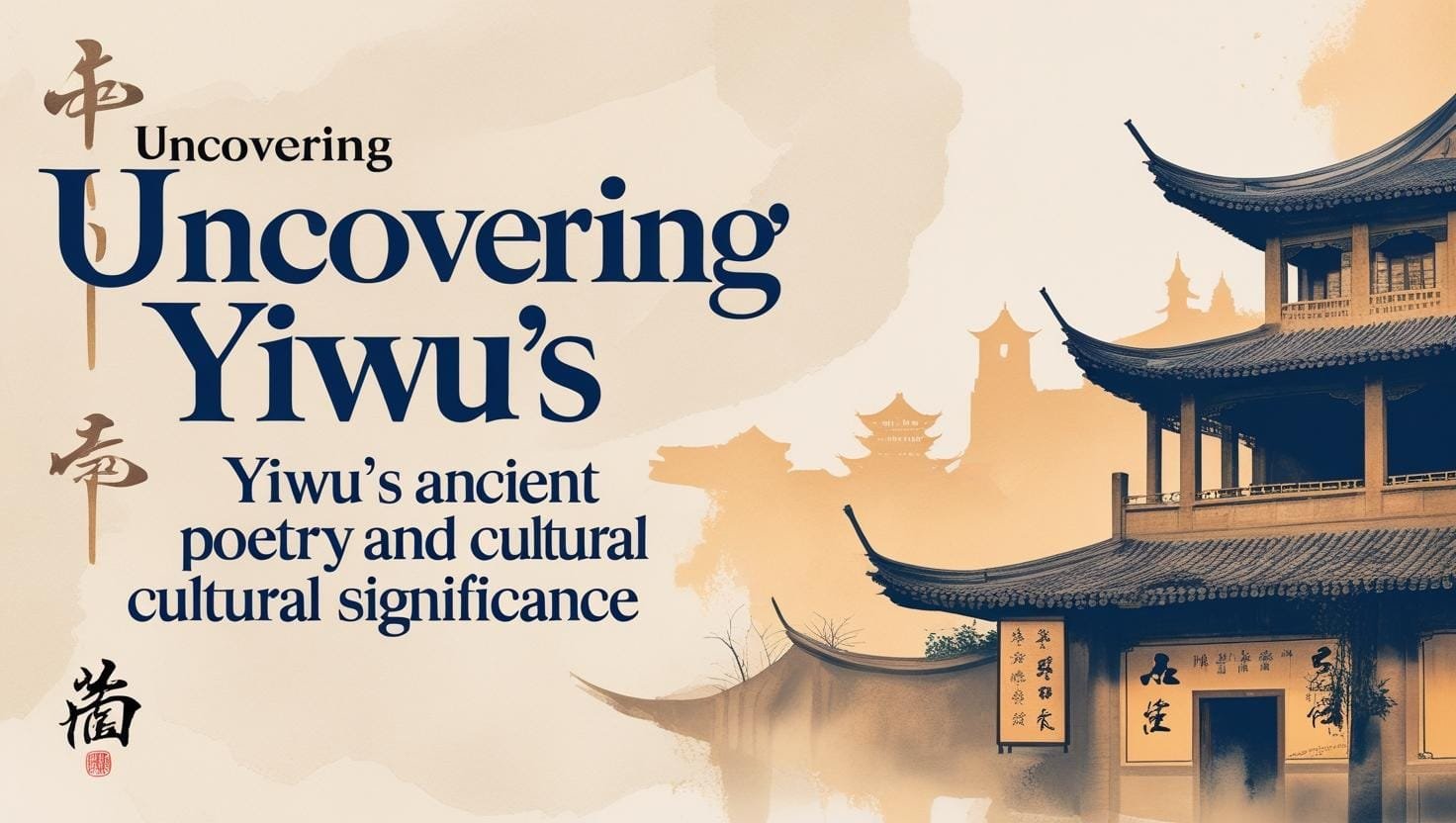Uncovering Yiwu’s Ancient Poetry and Cultural Significance
Have you ever wandered through a bustling modern city and wondered about the ancient stories hidden beneath its surface? Yiwu, a vibrant city in Zhejiang Province, China, is famous for its massive commodities market and global trade, but it also holds a treasure trove of Yiwu Ancient Poetry and cultural depth that connects directly to China literary history. As travelers eager to explore beyond the shopping spree, you’ll discover cultural attractions in Yiwu that offer profound insights into China’s poetic traditions. Here at jusha.travel, we love sharing tips to make your China journey unforgettable, and this post will guide you through Yiwu’s poetic legacy, blending history with practical advice for an enriching trip. For more on China’s cultural sites, check out our guide to historical places in China.
Picture yourself strolling through ancient-inspired landscapes, reciting verses from centuries past—this is the magic of Yiwu. We’ll delve into its poetic roots, highlight key landmarks, and provide a handy Yiwu travel guide for your next China cultural tour. Let’s uncover how Yiwu’s heritage can transform your visit into a cultural adventure.
Foundations of Ancient Chinese Poetry and Yiwu’s Regional Ties

Yiwu’s connection to ancient poetry begins with the Shijing (Classic of Poetry), one of the earliest collections of Chinese verse dating back to the 11th–7th century BCE. This anthology, often called the “fountainhead of Chinese poetry,” features folk songs that reflect the daily life and landscapes of ancient China, including regions near modern-day Zhejiang, where Yiwu is located (source). For deeper insights into ancient Chinese literature, delve into China’s historical dramas. Imagine the “Feng” section’s rustic ballads, which capture local customs and natural beauty, possibly echoing the very hills and rivers around Yiwu.
In Yiwu Ancient Poetry, these poems aren’t just historical artifacts; they offer a window into China literary history. Techniques like metaphor (bi) and symbolism (xing) make the verses vivid and relatable, drawing parallels between nature and human emotions. For instance, a poem describing a flowing river might symbolize life’s journey, much like Yiwu’s own evolution from a poetic haven to a trade powerhouse. To enhance your understanding of similar literary themes, explore China’s hiking trails, where nature inspires such symbolism.
As a traveler, visiting Yiwu cultural landmarks like the Yiwu Museum of History can bring this alive. Here, exhibits showcase ancient scripts and artifacts linked to regional poetry. A practical tip: Plan a morning visit to avoid crowds, and pair it with a local tea house experience—sipping Zhejiang green tea while discussing poems can make your trip more immersive. This ties into broader China cultural tours, where understanding poetry enhances appreciation for sites like nearby Hangzhou’s West Lake, inspired by similar literary themes. For more on tea’s cultural role, see Chinese tea culture.
The Challenges of Translating and Interpreting Yiwu’s Poetic Heritage

Diving deeper into Yiwu Ancient Poetry reveals the hurdles of translation, which can make these timeless works feel distant to modern readers. Ancient Chinese language is incredibly archaic, turning even native speakers into outsiders when faced with the Shijing‘s original texts (source). For insights into ancient languages, check out Chinese festivals. Words evolve, and regional references—perhaps to Yiwu’s landscapes—lose their immediacy without context.
For culture enthusiasts, this is an opportunity to appreciate the layers of interpretation built over centuries. Commentaries from various dynasties help decode symbolic elements, like plants native to Zhejiang that appear in poems, representing resilience or beauty. But translators face dilemmas: How do you balance poetic rhythm with accurate meaning? In Yiwu, where oral traditions once thrived, these challenges highlight the need for cultural sensitivity. For more translation challenges, see cultural skills in China.
On your Yiwu travel guide adventure, consider joining a guided poetry workshop or tour. Many local operators offer sessions where experts discuss translations, making it easier to grasp cultural attractions in Yiwu. For tech-savvy travelers, apps that provide audio translations of ancient poems can enhance your experience—think of it as merging China’s literary past with modern technology, a nod to jusha.travel’s focus on innovative travel tips. Plus, if you’re into food, pair your poetry exploration with a meal of local Zhejiang cuisine, like Dongpo pork, which echoes the hearty, grounded themes in ancient verses.
Yiwu’s Cultural Landmarks and Their Place in China’s Literary Legacy

Yiwu’s cultural significance extends beyond poetry to a network of landmarks that embody China literary history. Although explicit mentions of Yiwu in ancient texts are rare, the region’s influence is evident in the “Feng” poems’ preservation of folk culture, which likely drew from Zhejiang’s traditions (source). Explore related literary themes with China’s historical dramas. Sites like the Shuangfeng Temple and the Yiwu International Trade City (with its historical roots) serve as Yiwu cultural landmarks, blending commerce with cultural heritage.
One highlight is exploring the poetic connections to later dynasties, where Yiwu’s landscapes inspired gatherings similar to the famous Orchid Pavilion event. This continuity shows how cultural attractions in Yiwu have shaped national identity, from ritual hymns to modern interpretations. For instance, a walk through Yiwu’s scenic parks might evoke the nature-focused motifs in ancient poetry, reminding us of the enduring link between place and verse. To connect this with broader literary history, see Chinese Feng Shui.
As part of your Yiwu travel guide, don’t miss seasonal festivals that celebrate this heritage, like poetry recitals during the Mid-Autumn Festival. These events offer a chance to engage with locals, share stories, and even try your hand at composing a simple poem. For those on a China cultural tour, combine Yiwu with nearby destinations like Shaoxing, known for its literary figures, to create a comprehensive itinerary. An interesting fact: Yiwu’s market innovations, driven by technology, parallel the adaptive spirit of ancient poets who used verse to navigate societal changes. Discover more cultural insights with Chinese festivals.
Planning Your Yiwu Cultural Tour: Tips and Insights

Building on Yiwu’s poetic foundations, let’s turn to practical advice for your visit. A well-planned China cultural tour in Yiwu should include key sites that tie into Yiwu Ancient Poetry and cultural attractions in Yiwu. For more on cultural tours, refer to China’s spiritual sites. Start with a visit to the Yiwu Folk Culture Village, where interactive exhibits bring ancient stories to life, complete with performances of traditional poems.
For deeper insights, seek out modern interpretations, such as those by contemporary poets like Liao Yiwu, whose works bridge ancient and modern themes (source). This adds a layer of relevance, showing how China literary history evolves. Travel tip: Book a private guide who specializes in poetry; they can customize your itinerary, perhaps including a stop at a local library for hands-on access to translated texts.
Food lovers will appreciate how Yiwu’s cuisine reflects its cultural narrative—think of steamed buns symbolizing prosperity in ancient poems. Pair your explorations with tech tools, like QR codes at landmarks that offer augmented reality experiences of historical poetry recitals. This fusion of old and new is perfect for jusha.travel readers seeking authentic, tech-enhanced adventures.
In conclusion, uncovering Yiwu’s ancient poetry and cultural significance reveals a city that’s far more than a shopping destination—it’s a gateway to China literary history, with Yiwu cultural landmarks and attractions that inspire wonder. From the foundational verses of the Shijing to the challenges of interpretation and the joy of modern exploration, Yiwu offers a rich tapestry for travelers and culture enthusiasts alike. Here at jusha.travel, we’re passionate about helping you discover these hidden gems, so whether you’re planning a deep dive into poetry or a broader cultural tour, Yiwu won’t disappoint. For budget-friendly options, explore budget travel tips.
We’d love to hear your thoughts—have you experienced Yiwu’s poetic side? Share in the comments below, visit jusha.travel for more inspiring China travel guides, and explore related articles like our piece on Hangzhou’s literary spots. Safe travels and happy discovering! (Word count: 1150)

